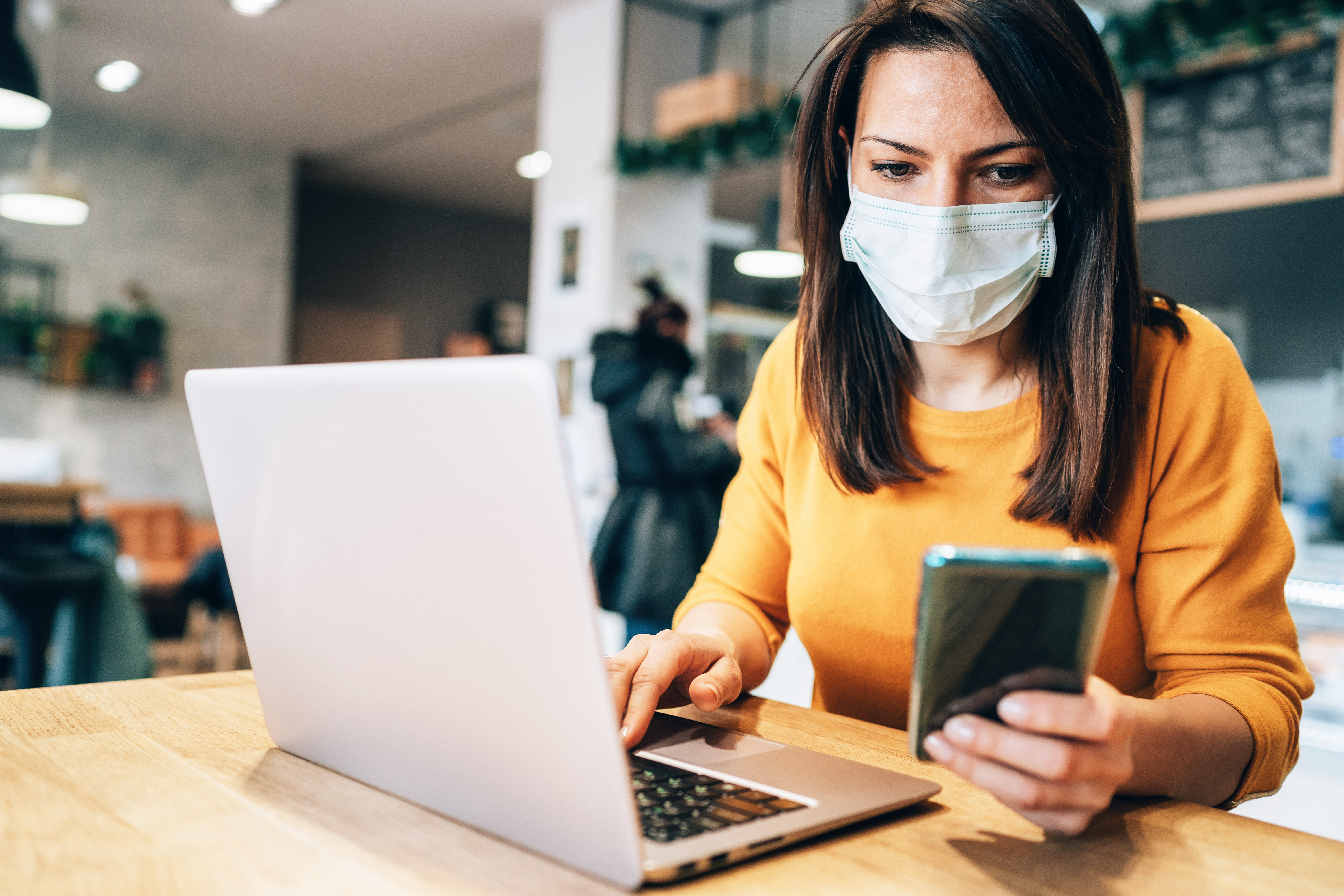Pandemic-associated mobility restrictions could cause increases in dengue virus transmission
Cavany SM, España G, Vazquez-Prokopec GM, Scott TW, Perkins TA (2021) Pandemic-associated mobility restrictions could cause increases in dengue virus transmission. PLoS Negl Trop Dis 15(8): e0009603.

Mobility changes associated with the COVID-19 pandemic may be impacting dengue incidence. Cavany et al. simulated the impact of lockdown – defined as 70% of the population staying at home – on DENV transmission, using input data from three representative dengue seasons in 2000–2010 in Iquitos, Peru.
During lockdowns, higher incidences of DENV infection were expected in regions with higher versus lower mosquito abundance, suggesting that spatial abundance of mosquitoes may have a slightly stronger effect on dengue incidence when human mobility is reduced. DENV transmission locations became more focused towards homes during simulated lockdown. The proportion of people infected in their homes rose from 55% to 66% under lockdown, increasing the household secondary attack rate by 17%. Simulated lockdown increased both the number of individuals bitten by a single mosquito and DENV transmission, particularly if lockdown occurred at the optimal time for vector control.
This model shows that lockdown movement restrictions increase DENV transmission, particularly if lockdown occurs during a season in which incidence was high due to a new serotype invasion. The magnitude of this increase is greater if lockdown changes also disrupt vector control. https://journals.plos.org/plosntds/article?id=10.1371/journal.pntd.0009603
VV-MEDMAT-56509


 Malaysia
Malaysia
